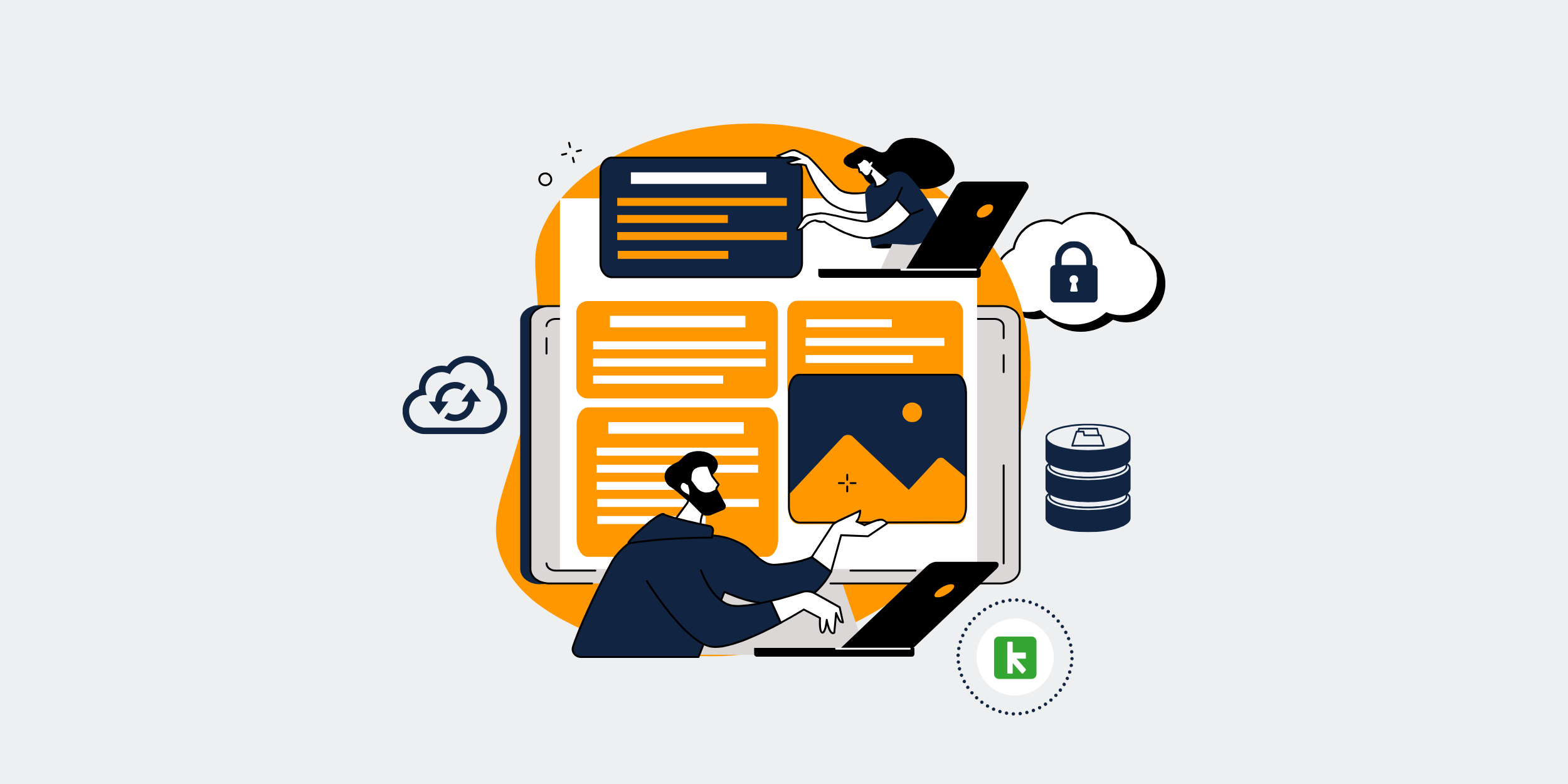The Necessity of a Robust Backup Strategy for Keap Users

| Outline of the Article |
|---|
| 1. Introduction |
| 2. Understanding Backup Strategies |
| 3. What Makes Keap Essential for Businesses? |
| 4. The Importance of Data in Keap |
| 5. Risks Associated with Not Having a Backup |
| 6. Common Causes of Data Loss |
| 7. Cloud Storage and Its Benefits |
| 8. Key Features of a Reliable Backup Strategy |
| 9. Evaluating Backup Solutions |
| 10. Steps to Implement a Reliable Backup Plan |
| 11. Ensuring Data Security |
| 12. Backup Frequency and Scheduling |
| 13. Restoring Data Efficiently |
| 14. Maintaining Your Backup System |
| 15. Conclusion |
| 16. FAQs |
| Article |
|---|
|
# **Why Keap Users Need a Reliable Backup Strategy** ## **Introduction** In the digital age, data is king. For users of Keap, a platform that combines CRM, marketing automation, and e-commerce, safeguarding this data is not just a good-to-have – it’s a must-have. But why exactly is a reliable backup strategy so crucial for Keap users? Let’s dive in! ## **Understanding Backup Strategies** Before we get into the nitty-gritty, let’s tackle what a backup strategy is all about. Essentially, it’s a plan to ensure your data is copied and stored securely in another location. Think of it as having a spare key to your house – if you ever lose the primary, you’re not left out in the cold. ## **What Makes Keap Essential for Businesses?** Keap is more than just a tool; it’s a comprehensive system that streamlines business processes. It manages contacts, tracks interactions, automates tasks, and essentially acts as the backbone of many operations. Losing data here doesn’t just affect records; it disrupts the entire business flow. ## **The Importance of Data in Keap** Imagine losing all your customer details, sales information, or marketing campaigns. Keap stores invaluable data that fuels your business growth. Without it, gaining insights and making informed decisions becomes an uphill battle. ## **Risks Associated with Not Having a Backup** Not having a backup is like walking on a tightrope without a safety net. Data loss can lead to downtime, lost revenue, and damaged customer relationships. The longer it takes to recover, the bigger the hole you’re digging for your business. ## **Common Causes of Data Loss** We often think of data loss as a distant threat, but it’s more common than you’d assume. It can result from software malfunctions, human errors, cyberattacks, or natural disasters. Each scenario can spell disaster if not prepared for adequately. ## **Cloud Storage and Its Benefits** With advancements in technology, cloud storage has become a game-changer. It’s like keeping a copy of your treasure in a secure vault that’s accessible anytime, anywhere. Moreover, it’s cost-effective and often comes with security and redundancy features. ## **Key Features of a Reliable Backup Strategy** What’s in a solid backup strategy? First, it should be automatic – you don’t want to rely on just remembering to back things up. It should also be comprehensive, covering all critical data, and secure, ensuring unauthorized access is kept at bay. ## **Evaluating Backup Solutions** Not all backup solutions are created equal. When choosing, consider factors like ease of use, cost, scalability, and support. It’s about finding the right fit for your unique business needs. ## **Steps to Implement a Reliable Backup Plan** Ready to roll up your sleeves? Start by identifying critical data, selecting a backup solution, and setting up a backup schedule. Regular testing and updates are also part of keeping your backup strategy robust and reliable. ## **Ensuring Data Security** Security is paramount. Encrypt backups to protect against unauthorized access and follow best practices to ensure data is secure during transit and at rest. ## **Backup Frequency and Scheduling** How often should you back up? The answer lies in how dynamic your data is. Daily backups might be necessary for rapidly changing data, while weekly or even monthly could suffice for more static information. ## **Restoring Data Efficiently** The true test of your backup strategy is how well you can restore data when needed. This process should be quick and efficient, minimizing downtime and ensuring continuity. ## **Maintaining Your Backup System** A backup strategy isn’t a “set it and forget it” deal. Regular reviews, updates, and tests are necessary to ensure the system adapts to any changes in your data environment and keeps functioning optimally. ## **Conclusion** In conclusion, administering a reliable backup strategy for Keap users is akin to having an insurance policy that protects the heart of your business operations. The risks of not having one far outweigh the costs and effort in setting up such a system. So, prioritize it and sleep easy knowing your data is safe. ## **FAQs** **1. How often should Keap data be backed up?** **2. Can I use multiple backup solutions?** **3. What happens if my data backup fails?** **4. Is cloud storage a secure option for backups?** **5. What should I do if I experience data loss?** |
Get started with CRM-Backup today! Choose your plan now.
